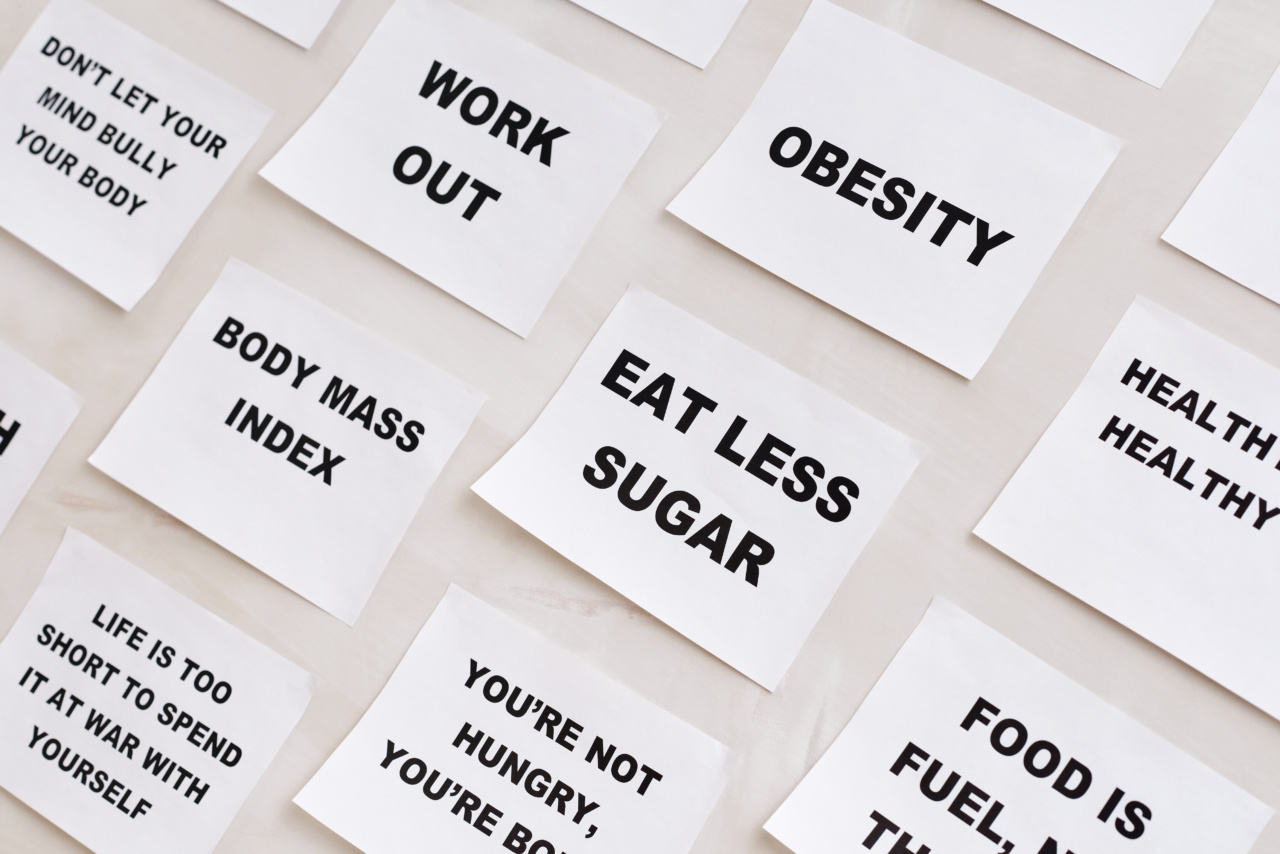Sleep and diet are two essential components of a healthy lifestyle. It is well-established that proper sleep is crucial for overall well-being, while eating nutritious food is vital for maintaining good health.
But did you know that these two aspects of our lives are interconnected? Yes, our sleep habits can significantly impact our eating habits, and vice versa. In this article, we will explore the fascinating relationship between sleep and diet and how one affects the other.
The Relationship Between Sleep and Hunger
Have you ever noticed that when you don’t get enough sleep, you tend to feel hungrier than usual? This is not just a coincidence.
Research has shown that inadequate sleep can disrupt the hormones that regulate hunger, leading to increased appetite and cravings for unhealthy foods. One such hormone is ghrelin, also known as the “hunger hormone.” When you are sleep-deprived, the production of ghrelin increases, causing you to feel more hungry than if you had a well-rested night.
On the other hand, another hormone called leptin, which signals fullness and satiety, decreases with lack of sleep, further contributing to overeating and weight gain.
The Impact of Sleep Deprivation on Food Choices
Not only does sleep deprivation affect hunger hormones, but it also influences the types of foods we crave and choose.
When we are sleep-deprived, our brain’s reward center becomes more active, making us more likely to seek out high-calorie and sugary foods. This explains why you may find yourself reaching for that bag of chips or a sweet treat when you’re tired and lacking sleep.
Furthermore, sleep deprivation impairs the prefrontal cortex, the part of the brain responsible for decision-making and self-control. Consequently, you may find it harder to resist unhealthy food choices and make more impulsive decisions regarding your diet.
The Role of Sleep in Metabolism
Another interesting aspect of the sleep-diet connection is the impact of sleep on metabolism. Proper sleep plays a significant role in maintaining a healthy metabolism, which is essential for weight management.
Sleep deprivation has been linked to decreased insulin sensitivity, leading to higher blood sugar levels and an increased risk of developing type 2 diabetes. Additionally, studies have shown that inadequate sleep can disrupt the body’s ability to process carbohydrates effectively, resulting in a higher likelihood of weight gain and obesity.
The Influence of Eating Habits on Sleep Quality
While sleep directly affects eating habits, the reverse is also true – our diet can impact the quality of our sleep.
Certain foods and beverages can either promote or disrupt sleep, so being mindful of our eating choices can significantly help improve sleep quality. For example, consuming caffeine or high-sugar foods close to bedtime can make it difficult to fall asleep or experience restful sleep.
On the other hand, incorporating foods rich in tryptophan, magnesium, and melatonin – such as turkey, nuts, seeds, and tart cherries – can aid in better sleep.
The Impact of Evening Meal Timing
Not only does the content of our meals affect sleep, but the timing of our last meal or snack can also play a role. Eating a heavy or large meal too close to bedtime can lead to indigestion and discomfort, making it harder to fall asleep.
It is recommended to have your last meal at least 2-3 hours before bed to allow for proper digestion. Additionally, going to bed on an empty stomach or feeling excessively hungry can also disrupt sleep, so finding a balance in meal timing is crucial.
Tips for Establishing Healthy Sleep and Eating Habits
Now that we understand the intricate relationship between sleep and eating habits, here are some tips to help establish healthy patterns in both realms:.
1. Stick to a Regular Sleep Schedule
Try to go to bed and wake up at the same time every day, including weekends. This regular sleep schedule helps regulate your body’s internal clock and promotes better sleep.
2. Create a Relaxing Bedtime Routine
Engage in calming activities before bed, such as reading a book, practicing mindfulness or meditation, taking a warm bath, or listening to soothing music. A relaxing routine signals to your body that it is time to wind down and prepare for sleep.
3. Limit Exposure to Electronics before Bed
The blue light emitted by electronic devices like smartphones, tablets, and computers can disrupt your sleep-wake cycle.
Avoid using these devices for at least an hour before bed, or consider using blue light filters or glasses to minimize their impact.
4. Prioritize a Balanced Diet
Eat a well-balanced diet rich in fruits, vegetables, whole grains, and lean proteins. Avoid excessive consumption of processed foods, sugary snacks, and beverages. A nutritious diet provides essential nutrients for sleep regulation and overall health.
5. Plan Meals and Snacks Mindfully
Pay attention to portion sizes and consider spacing out your meals and snacks throughout the day. This helps maintain a steady energy level and prevents excessive hunger or overeating close to bedtime.
6. Be Mindful of Caffeine and Alcohol Intake
Limit your consumption of caffeine, especially in the afternoon and evening, as it can interfere with sleep. Similarly, while alcohol may help you fall asleep initially, it can disrupt the later stages of sleep, leading to less restorative rest.
7. Stay Hydrated
Adequate hydration is important for overall health, including sleep quality. However, try to limit fluid intake close to bedtime to avoid disruptions from frequent trips to the bathroom during the night.
8. Exercise Regularly
Engaging in regular physical activity can improve both sleep and eating habits. Aim for at least 30 minutes of moderate-intensity exercise most days of the week.
However, avoid exercising too close to bedtime, as it may increase alertness and make it harder to fall asleep.
Conclusion
As we can see, there is a strong connection between sleep and eating habits. Taking steps to improve our sleep quality can lead to healthier food choices, weight management, and overall well-being.
Likewise, adopting a nutritious diet and mindful eating can significantly enhance our sleep experiences. By recognizing the interplay between sleep and diet, we can make informed choices and establish healthy habits that benefit both aspects of our lives.






























